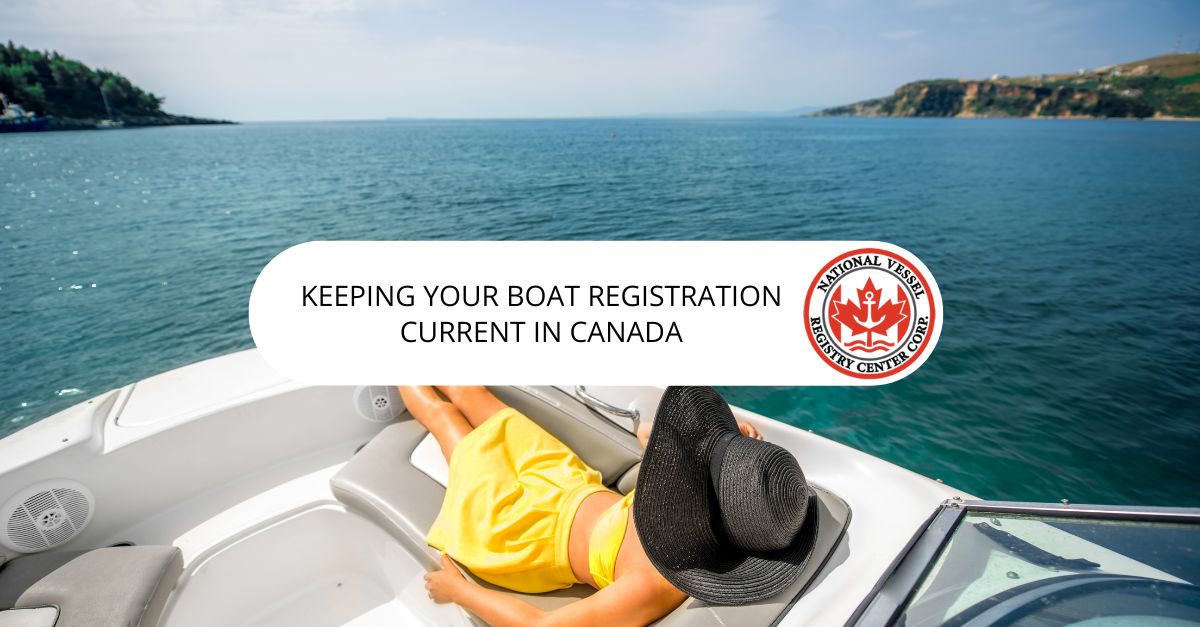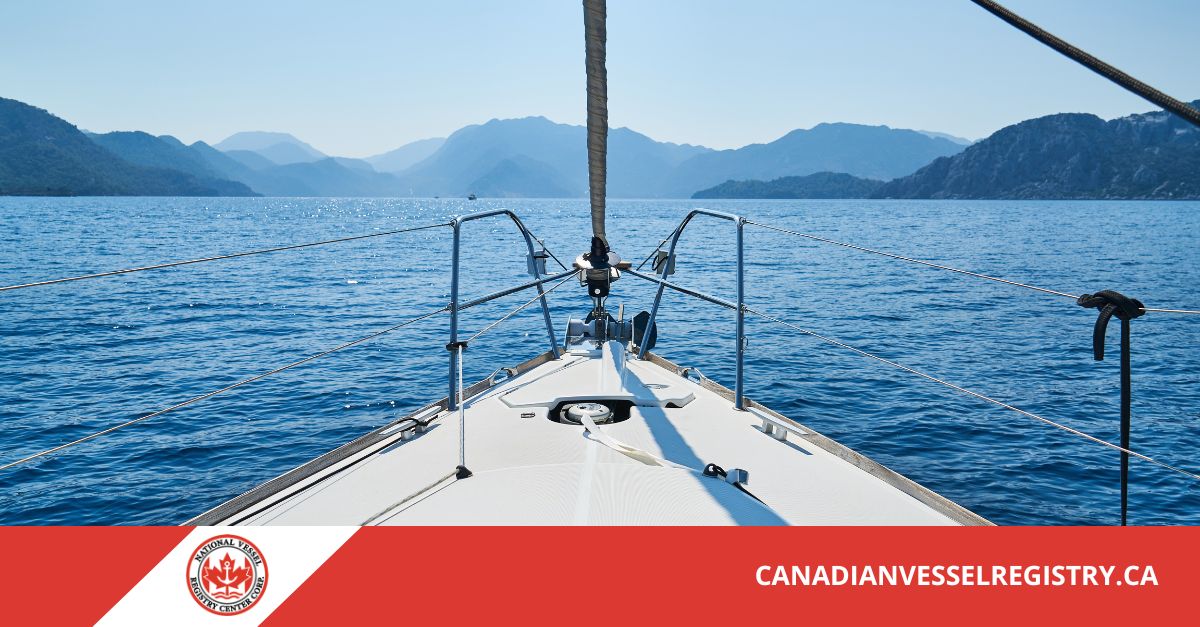Do you know your boat registration expiration date? If not, you’ll need to write it down with the goal of remembering it. If you don’t want to violate marine law and wish to avoid a hefty fine, it pays–literally–to know the date.
Boat registrations in Canada are good for three years. By registering your watercraft, your boat’s name is reserved and you can fly the Canadian flag. Each registrant receives a unique number and a renewal notice is sent to the boat owner or their representative 30 days before the certificate expires. If you don’t receive notice, it’s good to keep the date in mind in case you need to find out what is going on.
Embarking on a journey with your boat is indeed an exhilarating and fulfilling experience, granting you the freedom to explore Canadian waterways. However, before you set sail it’s essential that you make sure your boat is correctly registered and adheres to waterway regulations.
Not only is it important to recognize the boat registration expiration date, but it’s also vital to know all you can about marine law and how it impacts you when you sail or boat in Canada. Below are the practices you need to follow to register your boat and keep the registration up to date.
Determine If You Need Boat Registration
It’s essential to note that not all boats in Canada require registration. Smaller vessels like paddle boats, kayaks, and canoes are exempt from this requirement. However, larger boats utilizing motors or sails typically do need to be registered. A boat with a 10-horsepower (7.5 kW) motor must be registered.
Gather All the Paperwork.
When registering your boat in Canada or transferring ownership, certain documents are needed. For purchased boats, you’ll need proof of ownership (such as an invoice or bill of sale) along with a completed application form.
To transfer ownership of a boat, you’ll need to obtain a document that confirms the change in ownership, from the original owner to you. Additionally, make sure you have the bill of sale.
Complete the Registration Process
Next, complete the registration process for your boat. It’s super fast and easy to do so online. During the application steps, you’ll need to provide the applicable details and fees. You’ll be given directions for completing the steps.
You’ll therefore need to provide your personal information and specific details about your vessel. Also, remember, that you’ll need to make any updates that occur while your boat is registered.
Obtain a PCOC
In Canada, if you plan to operate a motorized watercraft it’s important to obtain a Pleasure Craft Operator Card (PCOC). This card ensures that you have completed an accredited boating safety course and possess knowledge about operating a boat. The PCOC is valid across Canada. Once you get the card, you won’t have to renew it. It does not have an expiration date.
Keep All Your Registration Documents Current and Onboard
Don’t forget the boat registration and tonnage information when sailing. Maritime law requires the paperwork to be on board to avoid a fine. Sometimes, you’ll need the documentation if there is an inspection at marinas by the marine transport authorities.
Do You Need to Register Craft or Should You License It?
Again, not every boat owner needs to be registered. If you have a 10-horsepower (7.5 kW) motor on your boat, you might choose licensing over registration. Licensing, which lasts 10 years, is sufficient if you’re a casual boater with no plans to explore the waters outside of Canada.
However, you’ll need to get registered if you plan to take your boat outside of Canadian waters and you wish to give your boat a name and display its port of entry. Registration also allows you to fly the Canadian flag. If you’ve taken out a marine loan for your boat, you’ll also need to register it.
How to Get Boat Registration
Get a boat registration and keep it up to date by visiting the Canadian Vessel Registry. Make it your go-to stop for everything concerned with boat ownership and regulations. Check it regularly and keep it in mind. Remembering your boat registration expiration will ensure you won’t have any hiccups in your boating plans.


